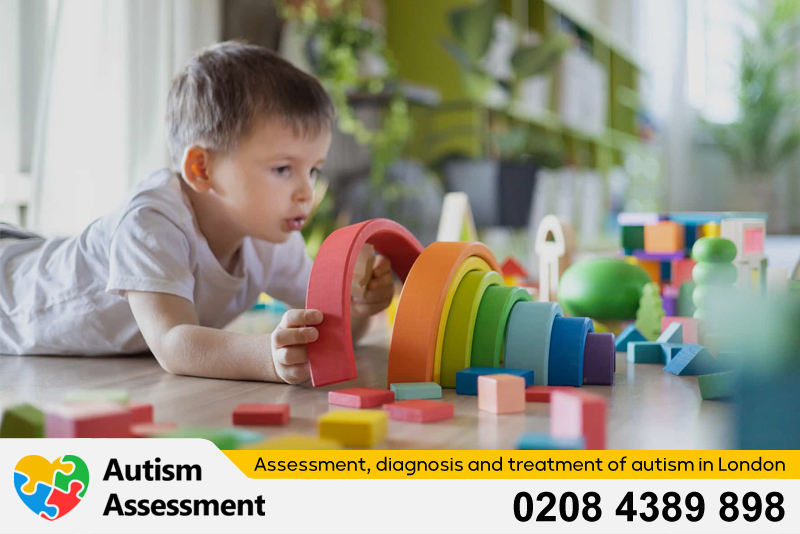Understanding Autism Spectrum Disorder and Age-Related Changes
Autism Spectrum Disorder (ASD) is a complex developmental condition that involves persistent challenges in social interaction, speech and nonverbal communication, and restricted/repetitive behaviors. The effects of ASD and the severity of symptoms can vary widely among individuals, but it is generally recognized as a lifelong condition.
When considering the progression of ASD, it’s important to understand that ‘worse’ is a relative term and can mean different things depending on the context. Research into the progression of autism is ongoing, and while some individuals may experience an increase in certain challenges, others may find that some symptoms become less pronounced or that they develop new coping mechanisms over time.
Long-term studies suggest that about ten percent of children with autism show dramatic improvement in their symptoms during their teens. Another 80 percent of the children have symptoms that are remarkably consistent over time. These findings indicate that for a majority of individuals, the core symptoms of autism remain relatively stable.
A study by UC Davis MIND Institute researchers found that the severity of a child’s autism symptoms can change significantly between the ages of 3 and 11. This suggests that there can be a significant variation in how autism characteristics manifest over time, with some children experiencing an increase or decrease in the severity of symptoms.
It’s also noted that autism does not necessarily get worse with age. A study published in the Journal of Autism and Developmental Disorders found that while some children with autism may experience an increase in symptom severity over time, others may see a decrease or no change at all. This highlights the individual nature of ASD and the importance of personalized support and interventions.
Furthermore, ASD is not a degenerative condition. It does not progress in the same way as neurodegenerative conditions such as Alzheimer’s, Dementia, or Parkinson’s. Instead, the challenges faced by individuals with ASD may evolve as they age due to a variety of factors, including life changes, development of co-occurring conditions, or shifts in the availability of support and resources.
In conclusion, while the characteristics of autism can change over time, it does not necessarily mean that ASD gets ‘worse’ with age. Each individual’s experience with ASD is unique, and changes in symptoms or challenges should be addressed on a case-by-case basis. Ongoing research and longitudinal studies are crucial for deepening our understanding of how ASD manifests throughout the lifespan and for developing effective strategies to support individuals with autism at every stage of life.
For those seeking more information on this topic, it is advisable to consult with healthcare professionals who specialize in ASD and to review the latest research findings from reputable sources.



